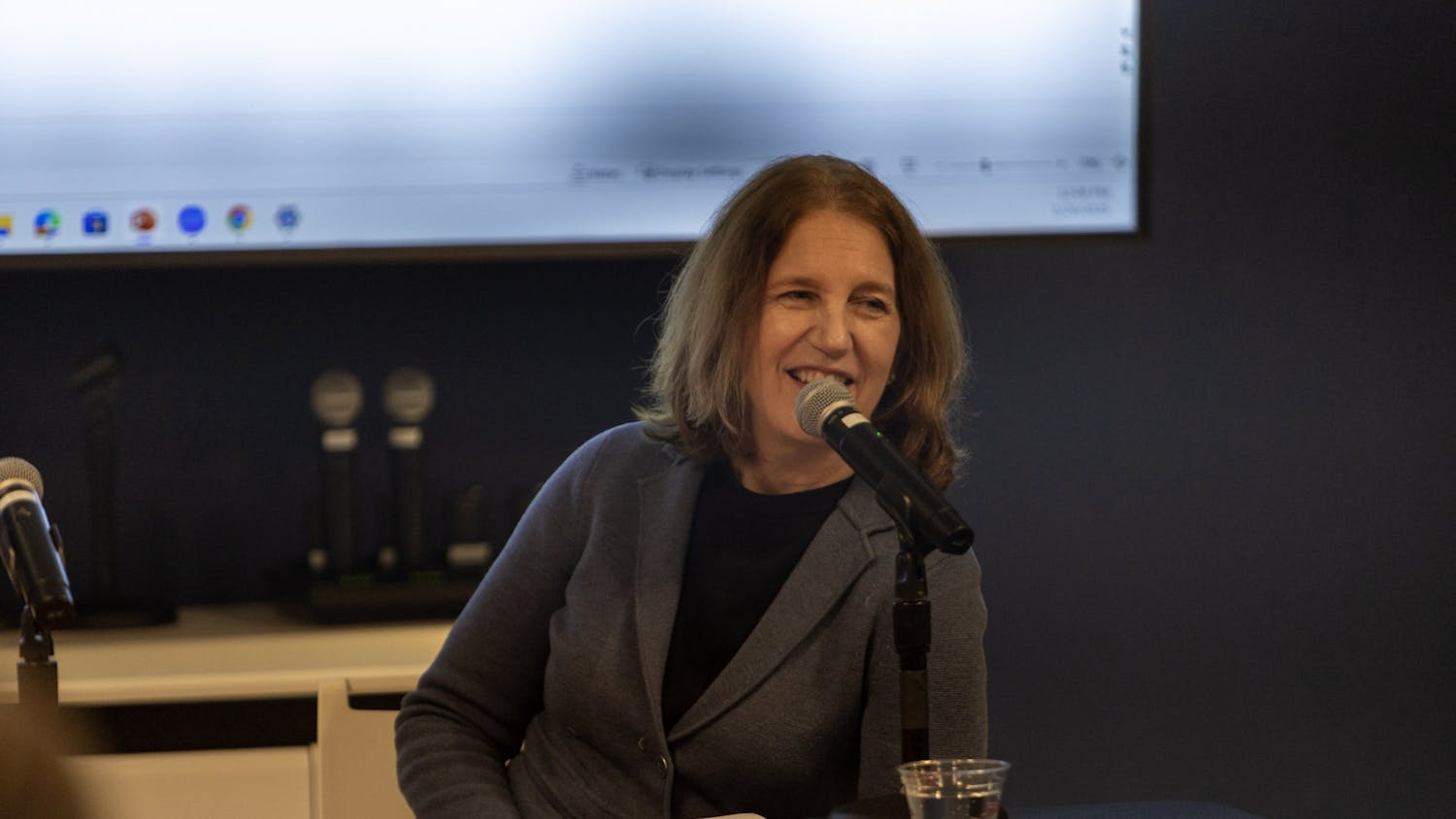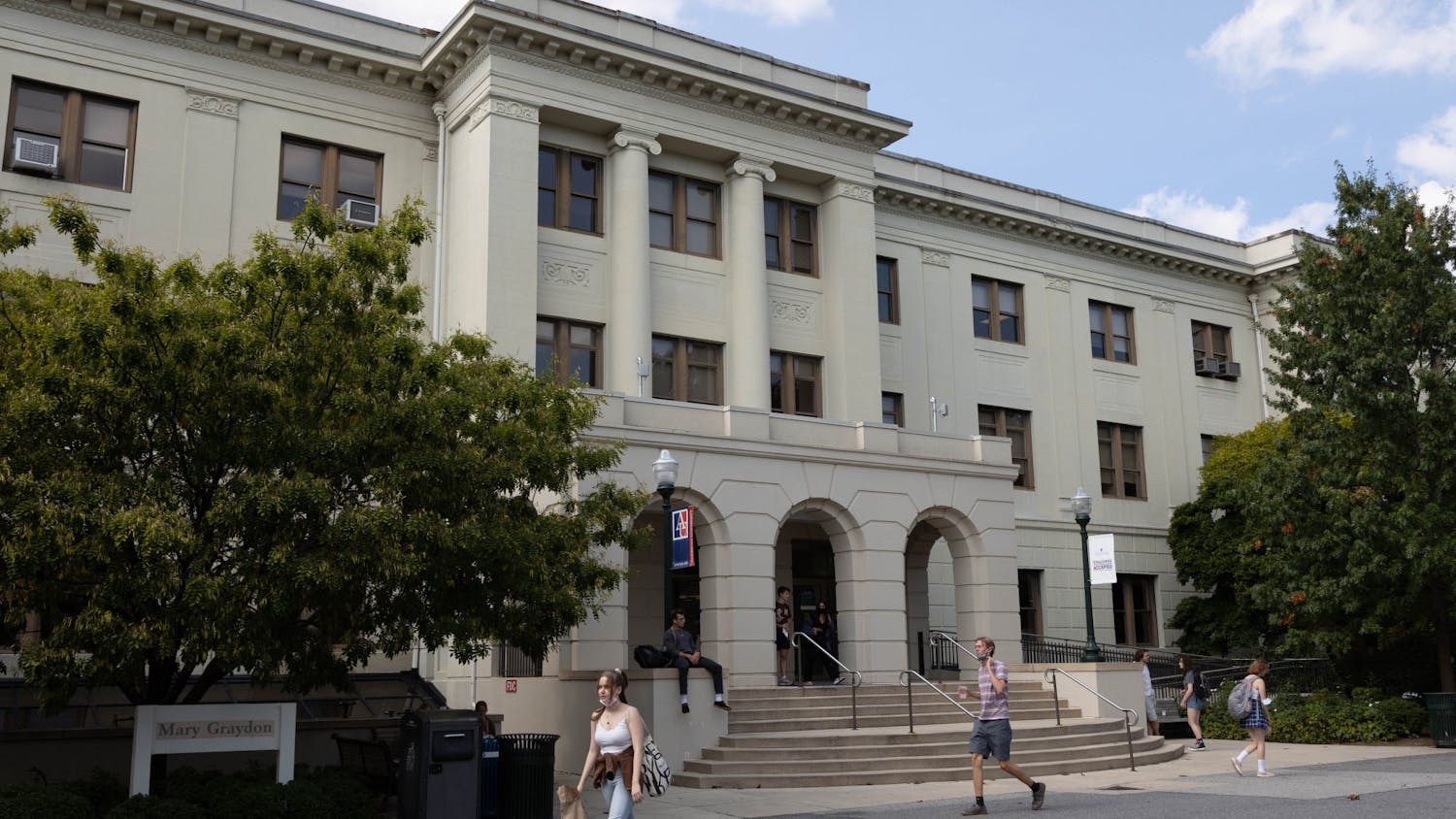AU's chapter of the Zeta Phi Beta sorority hosted an event in the McDowell Formal Lounge Thursday night to explain Kwanzaa, an Africa-based holiday that is celebrated the day after Christmas.
This has been an annual event for the sorority for the past four years, said Samantha Thomas, a Zeta Phi Beta sister who graduated in May.
"There was no Kwanzaa event [on campus], no one was doing anything for it - so we did it," she said.
Kameko Jones, a student in the School of International Service, organized the event, which featured a presentation that explained the background of Kwanzaa.
Maulana Karenga, chairman of the Black Studies Department at California State University-Long Beach, created Kwanzaa in 1966 as an African-American and pan-African holiday. It was meant to focus on the common roots of black people inside and outside of the United States.
Kwanzaa, which is modeled on first-fruits celebrations in ancient Africa, takes place from Dec. 26 until Jan. 1. The word Kwanzaa is Swahili for "first harvest."
The holiday is not religious and not meant to replace Christmas or Hanukkah. Instead, it focuses on family and heritage.
There are seven principles celebrated during Kwanzaa. They are "umoja," or unity; "kujichagulia," meaning self-determination; "ujima," or collective work and responsibility; "ujamaa," meaning cooperative economics; "nia," or purpose; "kuumba," meaning creativity; and "imani," or faith.
There are also several symbols used during Kwanzaa.
A kinara, which holds seven candles, is used to symbolize black people's roots in continental Africa. The candles represent the seven principles.
People celebrating Kwanzaa also drink from a unity cup called "kikombe cha umoja." They also display crops, especially corn, which symbolizes children and the future.
These objects are placed on a mat called a "mkeka," which symbolizes tradition and history. Gifts, called "zawadi," are also exchanged during Kwanzaa.
Students were eager to learn more about the celebration.
"My birthday is during Kwanzaa, so I thought I'd come learn about it," said John Athan Morgan, a student in Kogod. "I wanted to come and interact with my friends and understand what Kwanzaa is about"




